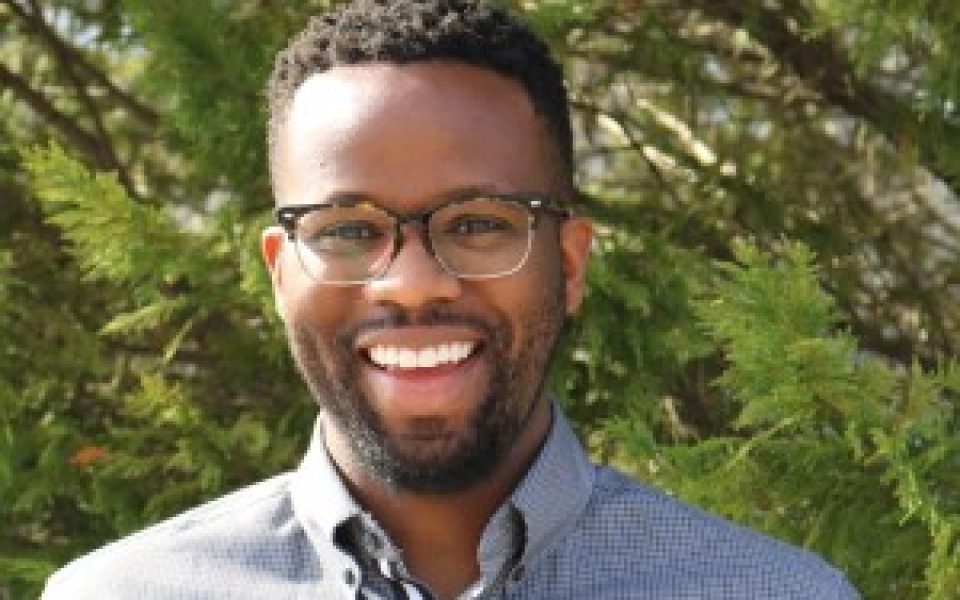Working as a prosecutor in Guilford County District Court during his final year at Elon Law School, Ricky Watson Jr. was taken aback at some of the charges against 16- and 17-year-olds whose cases, often simple assault, had been referred from the public school system.
“They had done things that when I was growing up would be referred to in-school suspension or what was called ‘Sunday school’ when I was a student at Grimsley High School,” Watson said in an interview with Triad City Beat. “These people were criminalized at a very young age and they were being stuck with collateral consequences like not being able to qualify for a job, not being able to qualify for housing and not being able to qualify for certain kinds of student loans.”
North Carolina is one of two states in the nation, along with New York, where 16- and 17-year-olds are treated as adults in the criminal justice system. After law school, Watson went to work in the public defenders’ office under Fred Lind, where he observed from another side how the black males who are disproportionately referred to the system are siphoned into second-class citizenship.
“The need for quality representation is imperative,” he said. “We often talk about the presumption of innocence. As you may know, that’s not typically the way it works. Often the reality is that with the charges the bell is already rung, and as a defendant you’re trying to work your way down to what you should have been charged with in the first place. When defendants are charged, often we’ll talk about ‘throwing the kitchen sink at a defendant to see what sticks’ so as a defender you spend a lot of time getting charges dropped.”
Eventually, Watson, now 30, transitioned to the juvenile court system, where he felt he could do more good by helping young people in trouble before they face criminal charges. In contrast to the punitive adult criminal justice system, the juvenile system — which is premised on rehabilitating offenders by putting services in place to help them avoid recidivating — proved to be a better fit for Watson’s values.
Since March, Watson has served as co-director of the Youth Justice Project at the Southern Coalition for Social Justice in Durham. Watson is one of 10 people chosen for a youth leadership institute for juvenile justice reform advocates run by the National Juvenile Justice Network in Washington. He will travel periodically to Washington to meet the other fellows and attend trainings, enhancing his work in North Carolina.
One of his primary objectives is advocating for the age of jurisdiction to be raised to 18 so that 16- and 17-year-olds aren’t tried as adults. And while he believes there’s no substitute for getting 16- and 17-year-olds out of the adult criminal justice system, the Youth Justice Project is also pushing for the expansion of a misdemeanor diversion program for young people ages 16 to 21 currently in place in Durham County, Orange County and Wake County Schools.
“It operates pre-arrest,” Watson said. “If a kid’s a target and they happen to be accused of shoplifting, instead of filing that charge and creating a public record of citation, they hold that charge and refer that young person to the diversion program. It’s a great model because young people don’t have to deal with the collateral consequence. Once you have been diverted, you complete whatever the assigned remedy is. It’s a mock court session that’s closed to the public where you get to see all of those consequences play out, but you avoid that charge ever being on your record.”
Through the fellowship, Watson hopes to train and encourage other young, black men to advocate for reform.
“Young black men are the overwhelming percentage of all young juvenile cases,” he said. “Black men tend to be the overwhelming majority of any court cases. My goal is to empower young minority males to get them involved in changing the system that they find themselves closely entrenched in. I’m essentially recruiting college-age males, but it could be anywhere from 30 to 16 or 17, to go into their community and utilize the tools we’ve created.”
The first order of business is to change North Carolina’s ignominious status as one of the two states that prosecutes 16- and 17-year-olds as adults. But Watson still sees plenty of room for reform after that.
“Ideally, we would see the age of jurisdiction raised to 18,” he said. “Really we need to be expanding that to 21 and 25. All of the brain science research indicates that young people’s brains don’t fully develop until their mid-twenties. Adultification is preventing them from qualifying for jobs that they could access in other states. Ideally, we would be incorporating 16- and 17-year-olds into the juvenile system. I hope we can do better; that’s just the floor.”
Join the First Amendment Society, a membership that goes directly to funding TCB‘s newsroom.
We believe that reporting can save the world.
The TCB First Amendment Society recognizes the vital role of a free, unfettered press with a bundling of local experiences designed to build community, and unique engagements with our newsroom that will help you understand, and shape, local journalism’s critical role in uplifting the people in our cities.
All revenue goes directly into the newsroom as reporters’ salaries and freelance commissions.


Leave a Reply